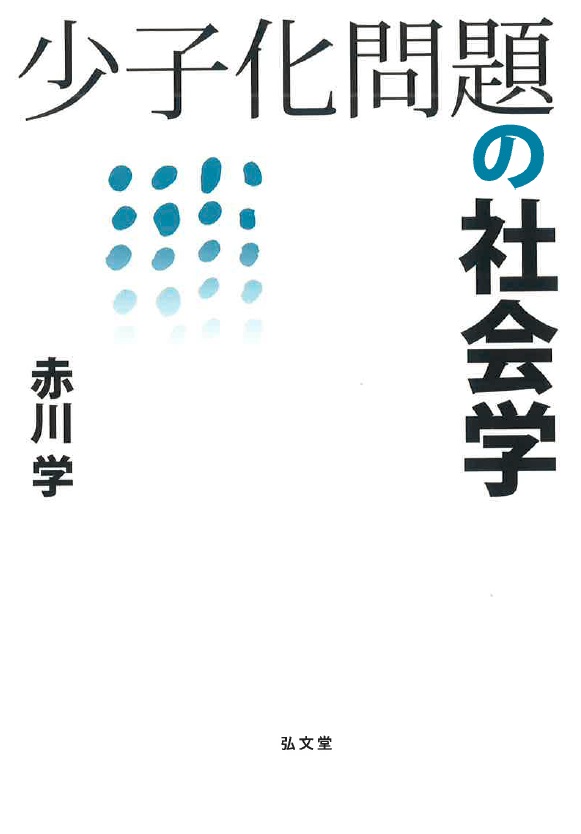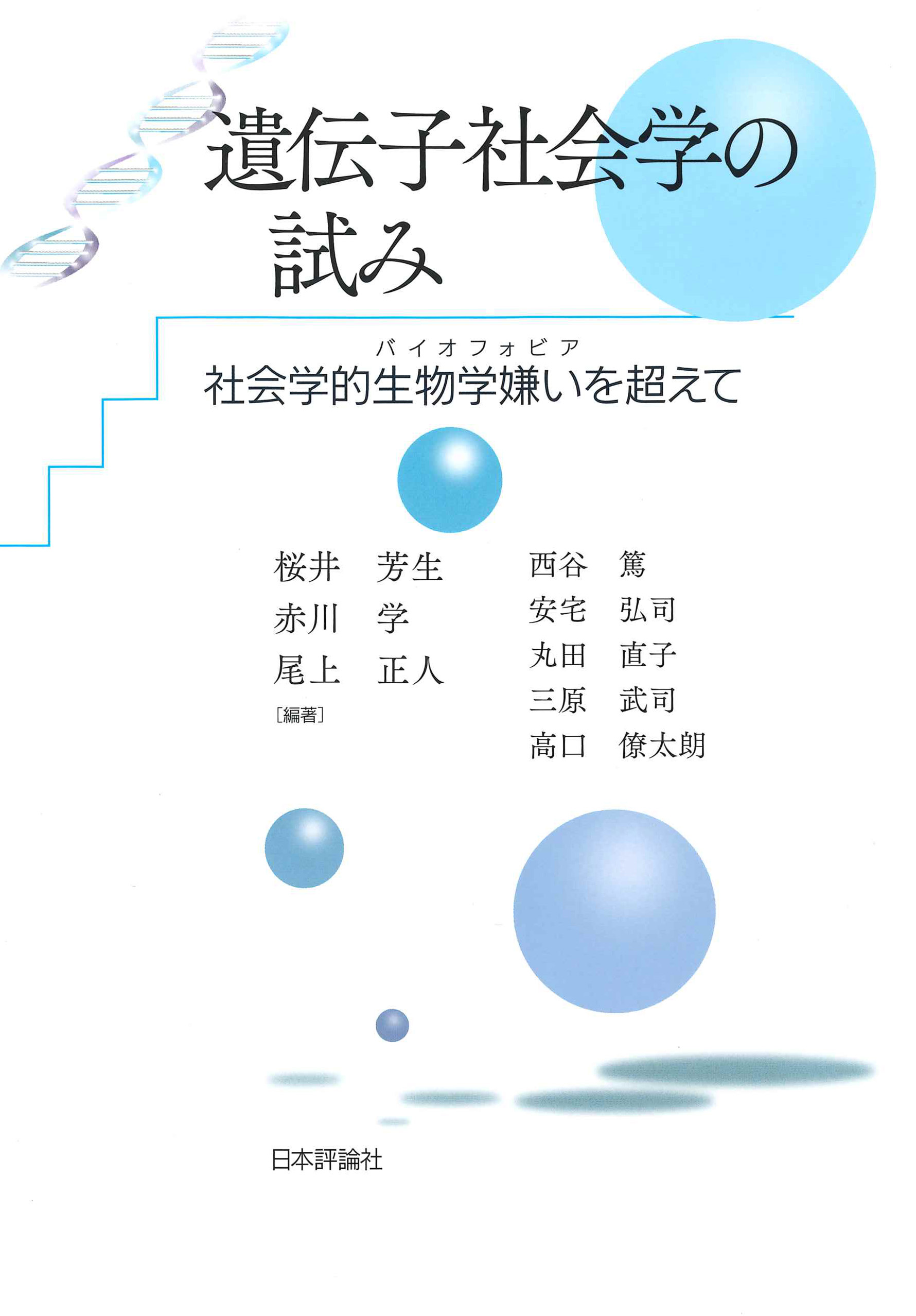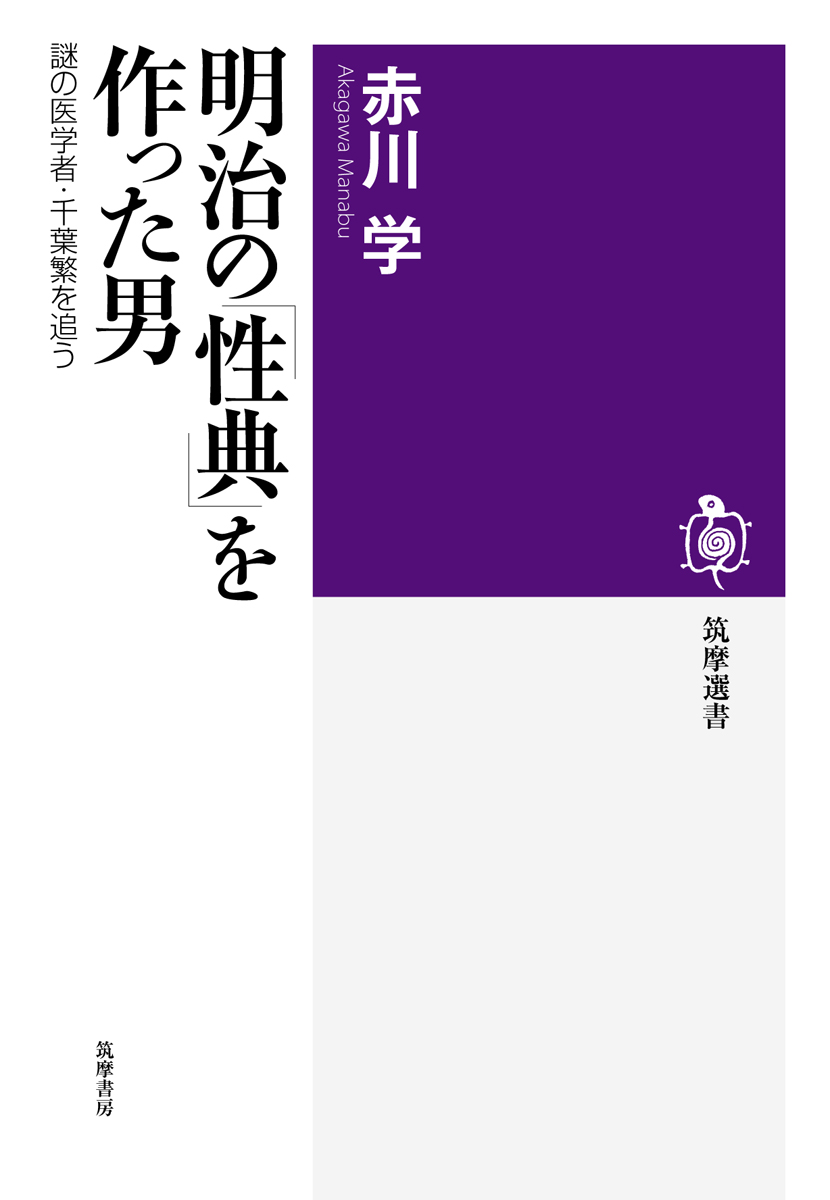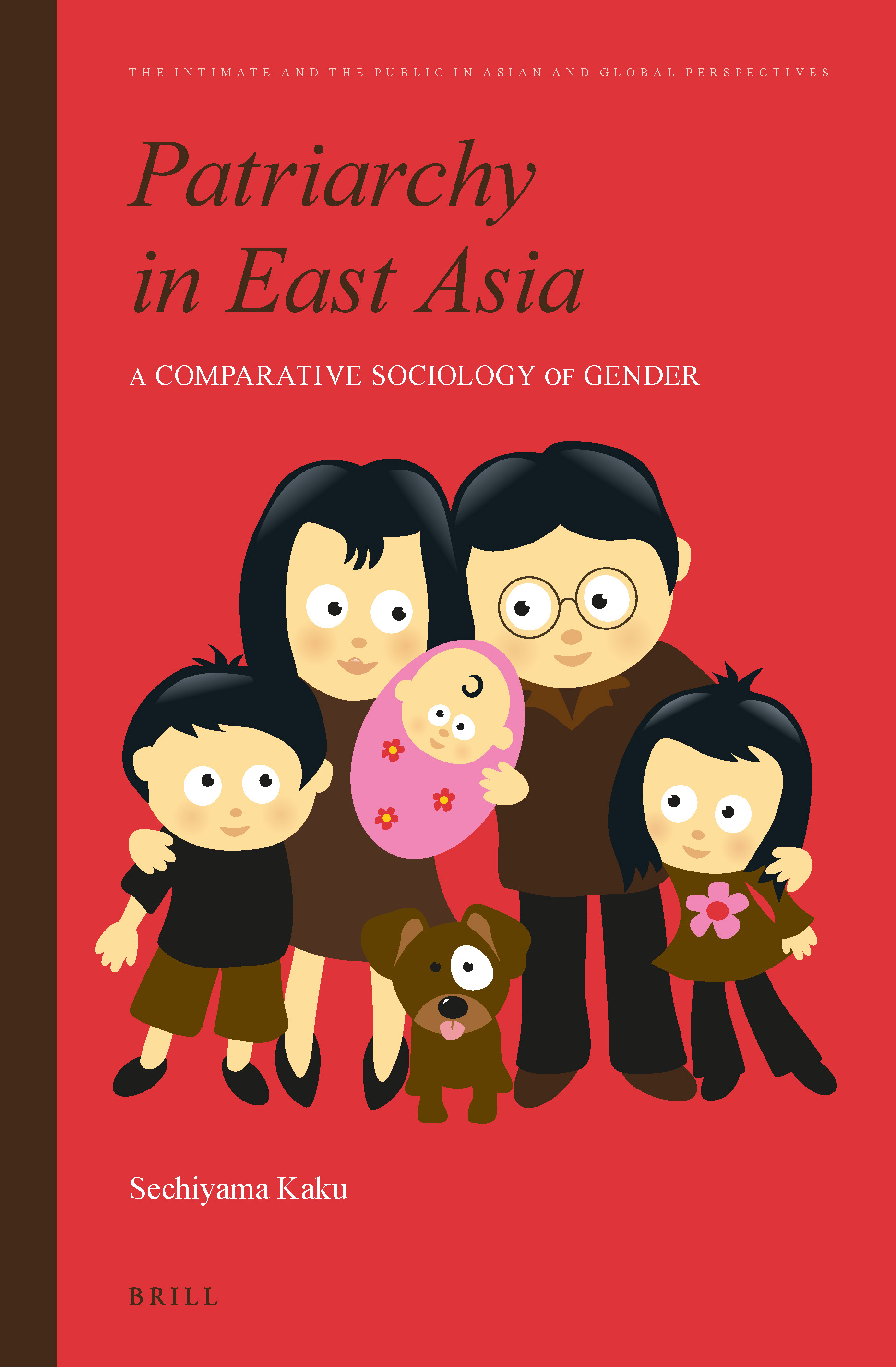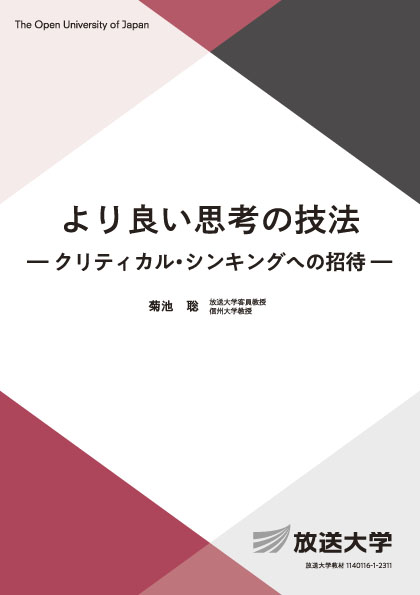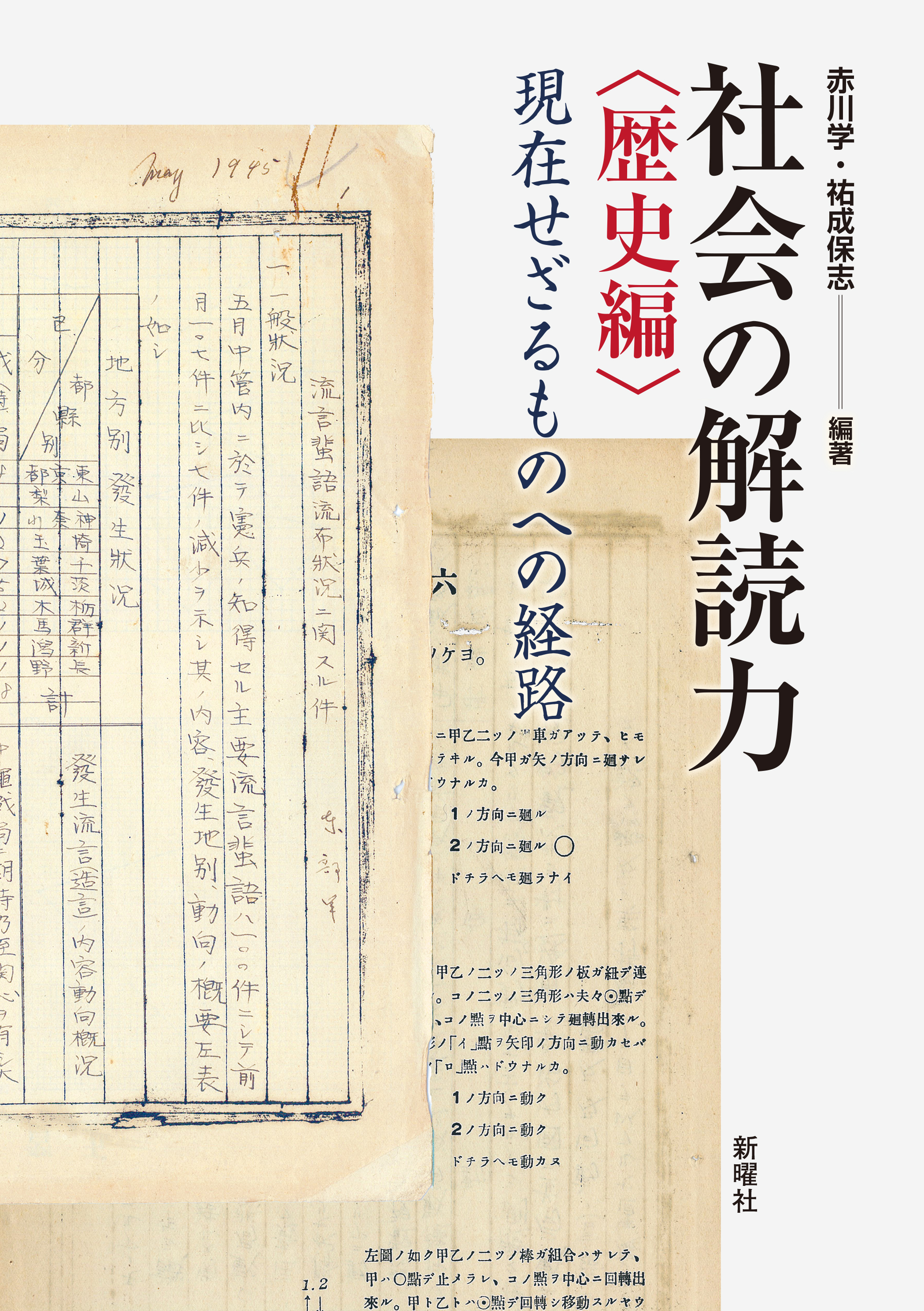
Title
Chikuma Shinsho Kore ga Kotae da! Shōshika Mondai (An Answer to Declining Fertility)
Size
208 pages, paperback pocket edition
Language
Japanese
Released
February 06, 2017
ISBN
978-4-480-06936-8
Published by
Chikuma Shobo
Book Info
See Book Availability at Library
Japanese Page
The current goal of the Japanese government’s declining fertility countermeasures and childrearing support system is to achieve a “desired birthrate” of 1.8 by 2025. Ever since the “1.57 Shock” of 1990, the declining fertility issue has been considered one of Japan’s most pressing national crises. The government has launched various initiatives to combat it, including elimination of waiting lists for nursery schools, support of working parents, and work-life balance programs. However, the results clearly are inadequate. Why is that?
Some people might think, “The number of children isn’t increasing because there isn’t enough childrearing support.” However, in this book, I draw on statistical methods to shed light on the paradox that the harder Japan’s declining fertility countermeasures work to achieve the hopes of its citizens, the more difficult it becomes to realize effective results from those measures.
Specifically, I respond to various claims such as “There would be more children if women were to work,” “There would be more children if more children were desired,” and “There would be more children if we supported men.” I demonstrate that these hypotheses are not necessarily logical via international comparisons by country, domestic comparisons by prefecture, time-series analysis of panel data on individuals and households over years, and so on.
I further endeavor to explain the relationship between wealth and birthrate by restructuring the declining fertility theory proposed by sociologist Yasuma Takata in the 1910s. This social theory presents a unified explanation for a seemingly complex set of factors: (1) fertility is low in wealthy countries with high per capita gross domestic product (GDP); (2) fertility is low in metropolitan areas of Asia, including Japan, compared to small towns and rural areas; (3) women with low household incomes have more children than average (meaning that “the poor have relatively large families”); and (4) the elite or upper classes have historically had more children than average (meaning that “the rich have relatively large families”).
Simply put, the standards of living in the wealthiest strata always exceed the contemporary aspirational standards, resulting in high fertility (“the rich have large families”). Those at the lowest strata expect their standards of living to be low, so fertility also is high in this group (“the poor have large families”). However, in the middle classes, the desire for power, defined as the desire to surpass others by improving oneself and one’s children through education, increases aspirational standards of living to above the contemporary standards, and, therefore, fertility is relatively low in the middle strata. Further, as urbanization progresses, urban residents strongly tend to adopt a middle-class lifestyle, which includes relatively low fertility. Japan’s current measures to combat its declining fertility have been limited to welfare-type policies, and, consequently, their only effect has been to raise the aspirational standards of living above reality. This outcome explains why the current policies aiming to increase fertility have been ineffective.
Although this and similar explanations are unusual and seldom mentioned by fertility decline theories or countermeasures, they not only call on us to evaluate Yasuma Takata’s classical explanation but they also urge us to respond to the necessity to plan and manage society without pessimism, even in this period of population decline. I hope that these reflections will be useful to young readers as practical advice on the ways in which the future might be navigated with a positive outlook.
(Written by AKAGAWA Manabu, Associate Professor, Graduate School of Humanities and Sociology / 2018)



 Find a book
Find a book


